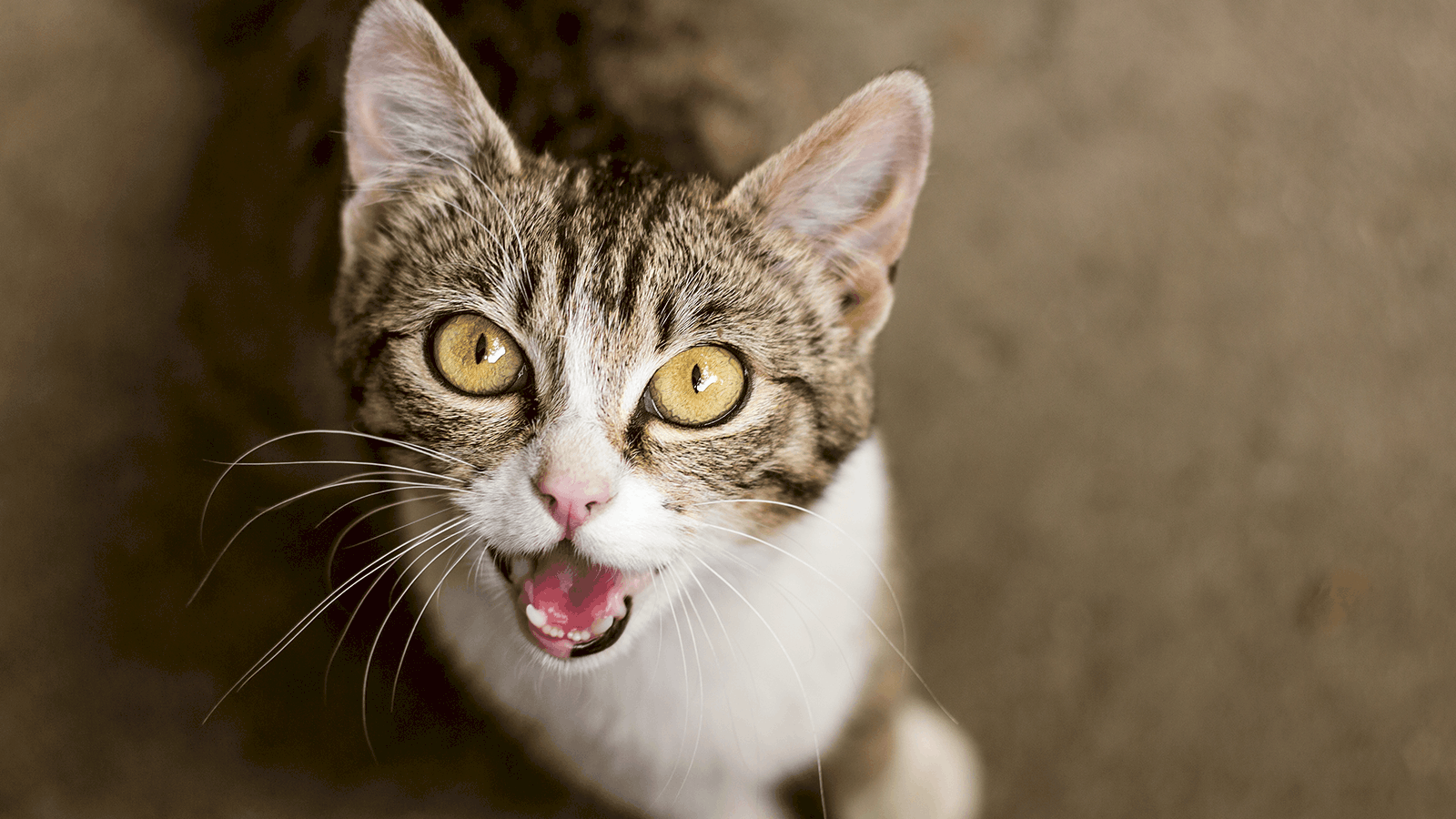

However, some experts believe that purring may also serve as a form of self-healing for cats. If your cat is making a noise that sounds like a motor running, it could be because they are purring! Purring is a common trait among cats and is often seen as a sign of contentment or happiness. If your cat is having trouble breathing, it’s important to take them to the vet right away. Respiratory issues, such as asthma or allergies, can cause your cat to make noises that sound like a motor running. However, if your cat is making a loud, continuous humming noise, it could be a sign of an underlying health condition. If your cat is purring, it could be a sign of contentment or happiness. It will also help you better understand their needs so you can provide them with everything they need to feel happy, healthy, and safe.There are a number of reasons your cat may sound like a motor. Paying close attention to these cat sounds will create an even more meaningful bond between you and your best pal. They’ll eventually use this trick on you to lead you to her food dish or herd you to bed. If you have more than one cat, you may also hear them converse with one another the same way. It's not a full-length meow but rather a command kittens learn at a young age, according to The Humane Society, when their mom uses the sound to keep her babies in line. Oftentimes your cat will chirp, or trill, to alert the household when they see a bird, squirrel, or bunny outside the window. This is one of the odder cat noises reserved for very special occasions. In any case, give your vocal housemate your immediate attention to ensure everything is alright. In other scenarios, cats howl because they want you to come right now to see the prey they brought you (and it's not always a toy). If your cat doesn't fit these criteria, they may howl because they’re in an emergency situation, perhaps trapped somewhere or even injured. Any cat who is "reproductively intact" will howl to attract a mate as well. If you think howling is just for dogs, think again! The American Society for the Prevention of Cruelty to Animals (ASPCA) points out that "some breeds of cats, notably the Siamese, are prone to excessive meowing and yowling," so you may just have a loud little girl. Giving them the space they need to calm their nerves will always help them feel more secure. "If you can," advises Animal Planet, "ignore the hissing instead of yelling or staring down your cat." Just allow time and your inherent affection for her to resurface, and the hissing will dissipate. Your pet may hiss at a stranger who visits your home (or, for that matter, someone they know but just doesn't like) or even at another cat as a warning to "back off." Ultimately they’re reminding everyone who the real boss is (hint: It's not you). When a cat hisses and or even growls, it's not because they’re being mean they are frightened and therefore defensive. Pay close attention to your own cat's purrs and you'll notice subtle changes in tone and vibration, all of which help her express that they’re happy and doing just fine.Ī lesser-known motive: Cats may also use this vocalization to comfort themselves when they're scared, so be sure to give your furbaby lots of love when you hear her little motor running. Purring is how kittens who are born blind and deaf communicate with their mom, but all cats use this method throughout their lives–even with you. Life doesn't get much better than when your cat snuggles up to you, nuzzling and purring at the end of a long day. Cats also speak to you with different kinds of meows depending on the situation, such as "I want that spot on the couch"–something they always seem to want.Īlthough incessant meowing when eating, using the litter box, or a similarly odd time could mean they’re not feeling well, your furbaby is usually just coming over to say hi. But cats don't do this between each other, so what are they trying to tell you? They may use her meow for a food or water refill, greet you when you return home, or request a soothing pet or tummy rub (they’ll roll over for that one). Here's what they are expressing with the following distinctive cat sounds:Īs a pet parent you already know your cat emits a classic meow for a variety of things. This is especially true with older furry friends, as cats become more vocal as they age or their hearing worsens. In some cases you may be the pet parent of a particularly chatty kitty.

And although the meaning of some noises is easily discernible (circling her food dish while looking up at you, for example), it's not always that obvious.

When you share a home with a feline friend, you hear many different cat sounds throughout the day.


 0 kommentar(er)
0 kommentar(er)
